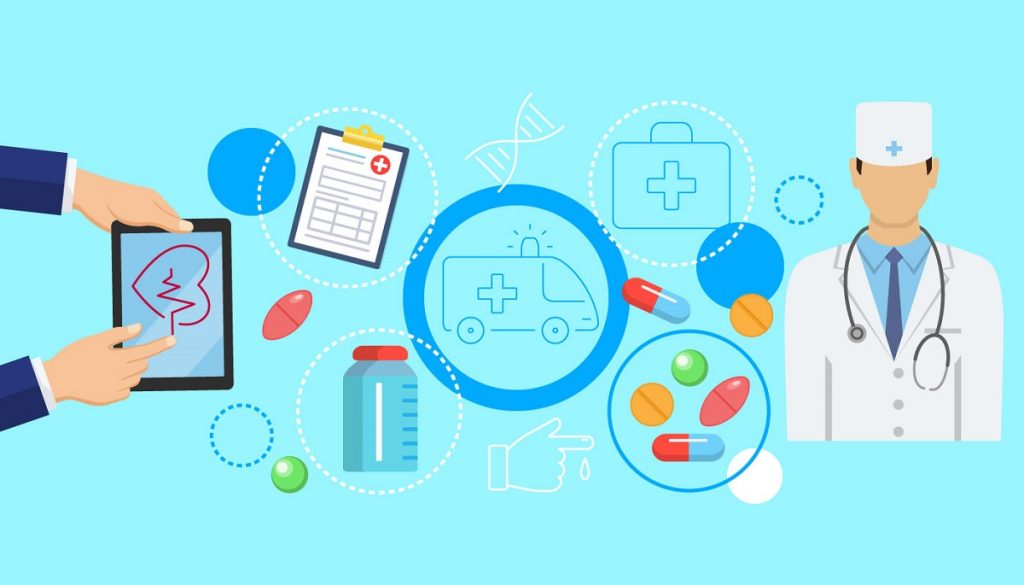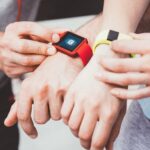

Social media-based self management intervention is effective in patient education
Social media-based self-management intervention is effective in educating patients who attempt to improve self-care.
Kim and the team have conducted a study to evaluate the effects of social media-based, health literacy sensitive diabetes management intervention on patient activation, self-care behavior, and glucose control when compared to telephone-based health literacy-sensitive diabetes management intervention and usual care control group. Also, the study determined how patient health literacy influences the effectiveness of health literacy-sensitive diabetes management intervention.
The study included 151 type-2 diabetic patients who were randomly assigned to two groups; the social-media group or telephone-based health literacy-sensitive diabetes management intervention and the usual care. The health literacy-sensitive diabetes management intervention initially has a face-to-face diabetes nurse education by using easy-to-read educational material, the teach-back methods, and weekly action planning sessions for eight weeks guided with the use of social media on phone call for each groups.
After the nine-week follow-up period, the patients who have high health-literacy showed higher activation in the control group, but no significant changes were seen in these patients when intervention was provided through social-media or telephone. However, patients who received the telephone-based health literacy-sensitive diabetes management intervention have a significantly higher score for self-care behavior in the usual care control group.
Based on the results, the study concluded that social media-based, health literacy-sensitive diabetes management intervention effectively reduces the disadvantages faced by people with low-literacy when attempting to improve self-care activation.
Reference:
Kim SH, Utz S. Effectiveness of a Social Media-Based, HealthLiteracy-Sensitive Diabetes Self-Management Intervention: A Randomized ControlledTrial. J NursScholarsh. 2019 Oct 17.














